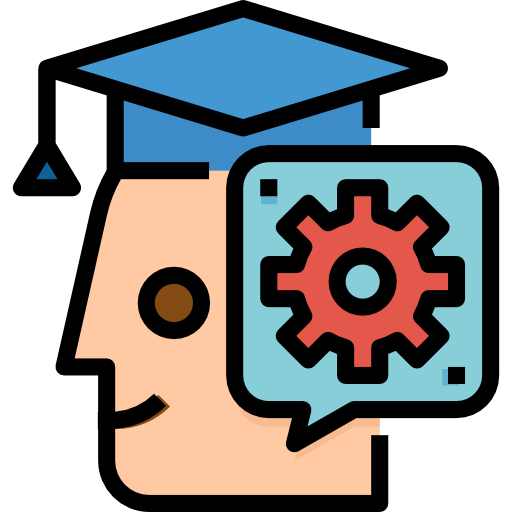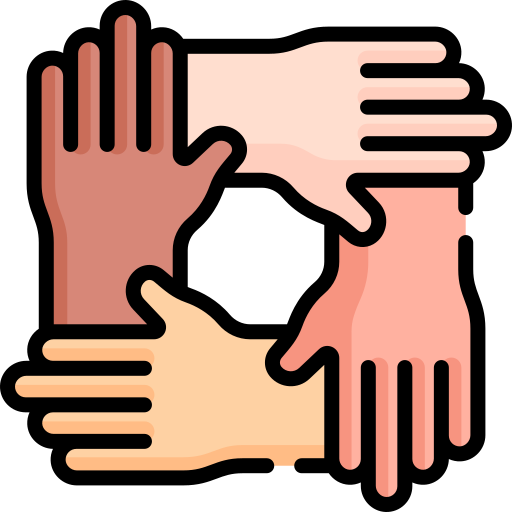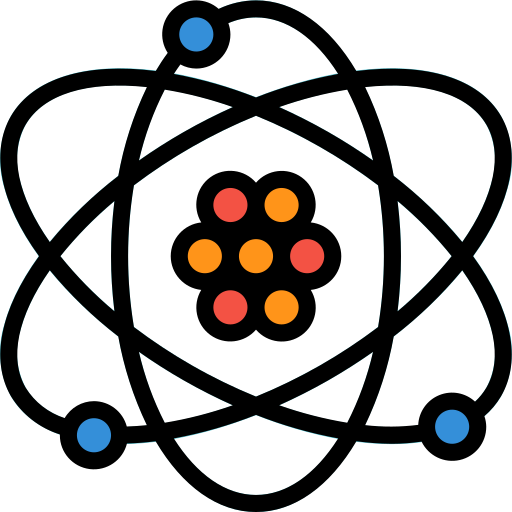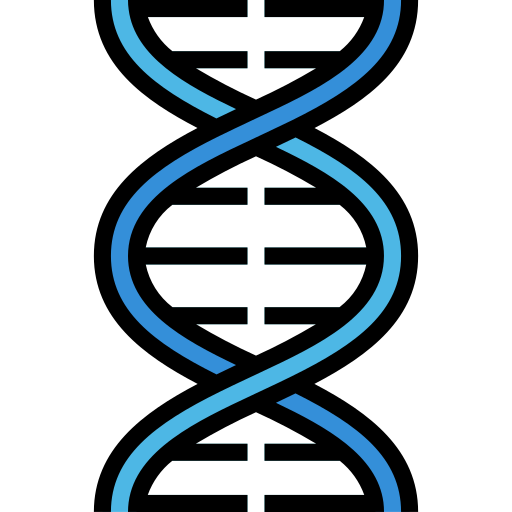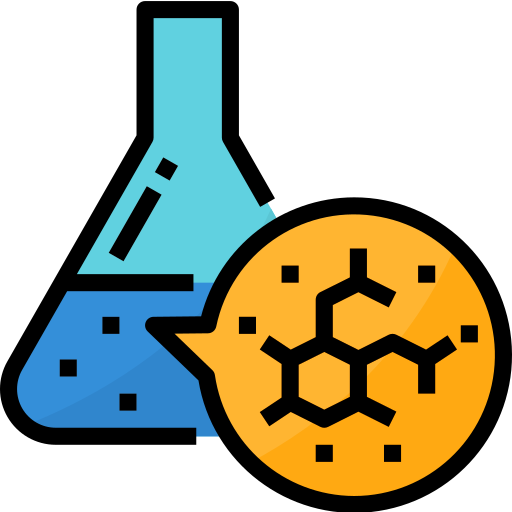(good until Summer 2025)
About the GE Program
General Education Rubrics
GE Area | Rubrics |
|---|---|
| Area 1A | LD - English Composition |
| Area 1B | LD - Critical Thinking |
| Area 1C | LD - Oral Communication |
| Area 2 | LD - Mathematical Concepts & Quantitative Reasoning |
| Area 3A | LD - Arts |
| Area 3B | LD - Humanities |
| Area 4 | LD - Social & Behavioral Sciences |
| Area 4 | LD - US Constitution & State/Local Government |
| Area 5A | LD - Physical Science |
| Area 5B | LD - Biological Science |
| Area 5C | LD - Laboratory |
| Area 6 | LD - Ethnic Studies |
| Areas 2 or 5 | UD - Mathematical Concepts & Quantitative Reasoning or Physical & Biological Sciences |
| Area 3 | UD - Arts and Humanities |
| Area 4 | UD - Social & Behavioral Sciences |
Civic Learning (cl) and/or Community Engagement |
General Diversity (d) or Race and Ethnicity (re) |
Writing Intensive (wi) |
Introduction to Higher Education (IHE) |

